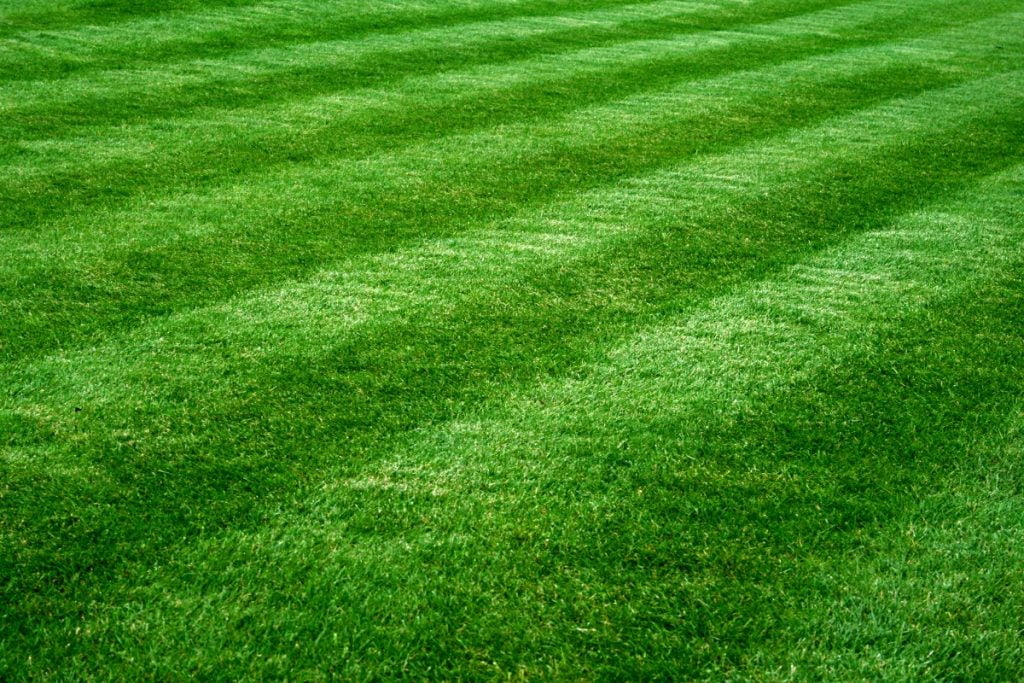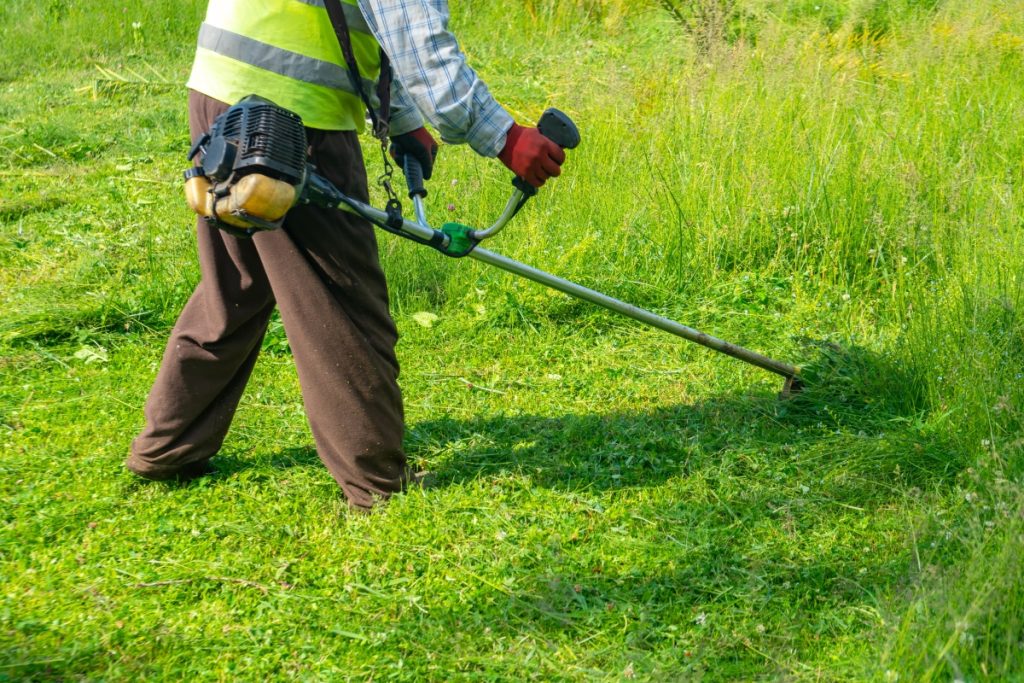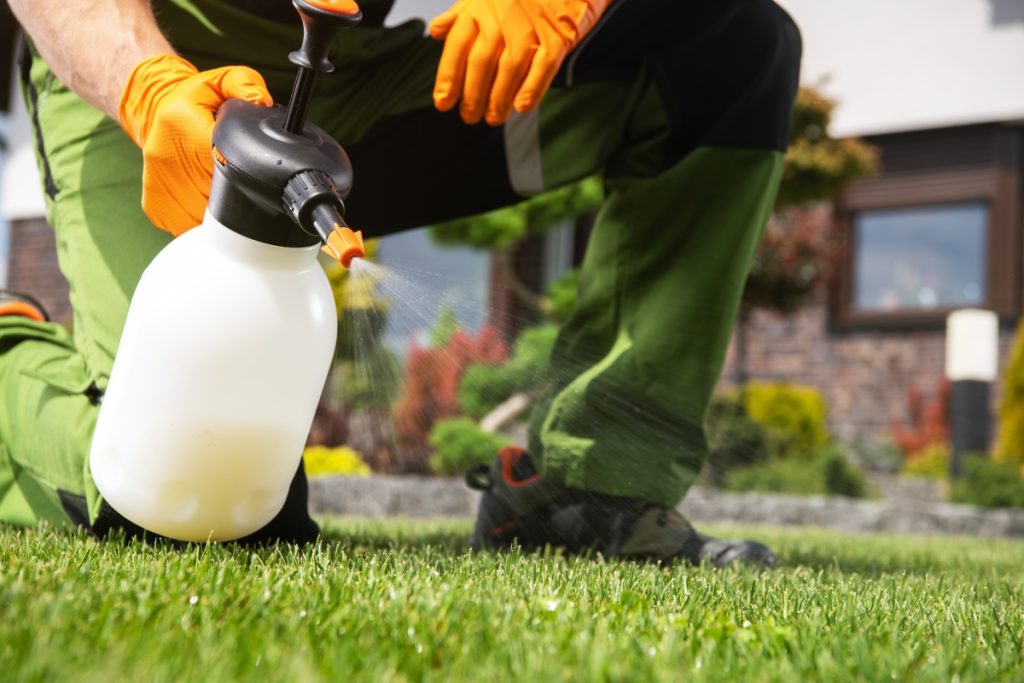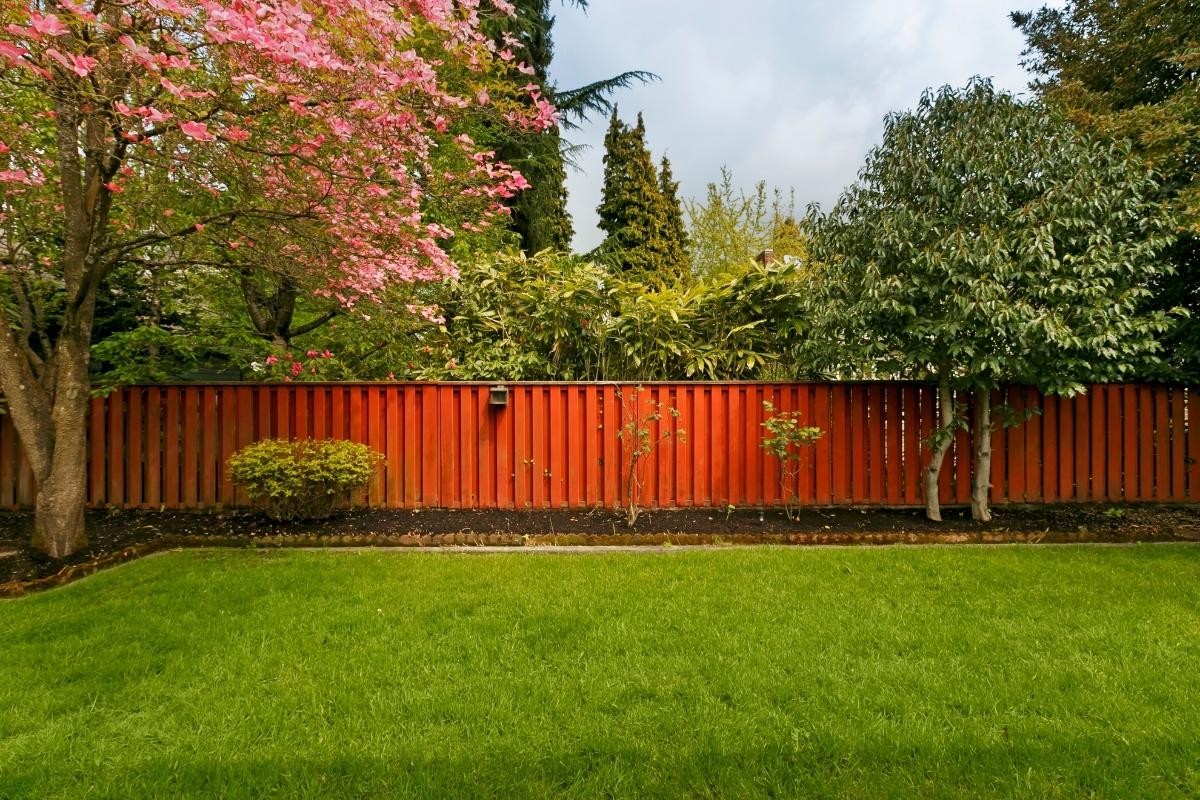Every summer, gardeners in Georgia look to replace and renovate their lawns with grass that is resistant to hot, dry weather and intense sunlight. With many species of grass found in the state, it can be a daunting task to find the perfect grass for your outdoor area. To help you make an informed decision, this comprehensive guide has been created to assess different kinds of grass based on their ability to survive in Georgia’s unique climate.
You can choose the best grass for your needs whether you want to fertilize your lawn yourself or hire a lawn service. In addition to providing essential info about the different grasses, this article will also provide tips on how to properly care for your lawn and make sure it stays healthy throughout the summer and into the fall. So, if you are looking for a guide to the best grass for Georgia, this article is for you!
Overview of Grass Types in Georgia

When it comes to choosing the right type of grass for Georgia, there are a variety of options available. Soil conditions, humidity levels, and temperature variations all contribute to the best types of grass for Georgia.
Cool-season grasses perform best in the northern parts of the state due to higher temperatures, while warm-season grasses are better suited for the southern areas. It’s important to assess the area that you plan on planting and choose the type of grass that will best suit the conditions.
Cool-season grasses thrive in the late fall and winter when temperatures are cooler. These include tall fescue, ryegrass, bluegrass, and fine fescue. Tall fescue is one of the most popular types of grass used in Georgia due to its ability to withstand cold temperatures.
It is also very durable and can tolerate some foot traffic. Ryegrass is another popular choice in the northern parts of the state, as it requires less maintenance and is a great winter choice.
Bluegrass and fine fescue are two types of grasses that are often seen in combination with one another. They both require more maintenance, but when combined, create an attractive and lush lawn.
Warm-season grasses are ideal for the southern regions of Georgia. These grasses need plenty of sunlight and heat to survive and thrive, so they are well-suited for the hot summer days.
Bermuda grass, St. Augustine grass, centipede grass, and zoysia grass are all common options for these areas. In Georgia, Bermuda grass is one of the most often used varieties of warm-season grass because of how quickly it grows and how tough it is.
Because to its quick growth and deep green hue, St. Augustine grass is another excellent option. While Zoysia grass is wonderful for warmer climates and can handle some shade, centipede grass is a low-maintenance alternative.
The kind of grass you select should be based on the environmental factors in the location where it will be planted. A beautiful and lush lawn can be created using a variety of grasses. Whether you’re looking for a cool-season or warm-season type of grass for Georgia, you can find the perfect fit for your needs.
Factors to Consider When Selecting a Grass

With Georgia’s unique climate and environment, selecting the right grass can be a daunting task. There are a number of factors to consider when deciding which type of grass is best for Georgia. Some of the most important factors to keep in mind are climate, soil conditions, and location.
Climate is a key factor to consider when selecting a grass for Georgia, as the state’s climate varies significantly from north to south. The ideal grass for Georgia will have a tolerance for both hot summers and cool winters. Additionally, the grass should have some level of drought resistance as this can be an issue during peak summer months.
Soil conditions must also be taken into account when selecting a grass for Georgia. It is important to understand soil texture, drainage properties, and pH levels. These will all affect which types of grass will thrive in your area. For instance, sandy soils tend to be common throughout Georgia, making a grass with a deeper root system and more drought tolerance a better choice.
Location is another key factor to consider when selecting a grass for Georgia. If you’re selecting a grass for a shady area, you’ll need to find one that can handle low-light conditions. For areas with heavy foot traffic, such as around playgrounds or sporting fields, you may need to find a hardier grass that can handle regular wear and tear.
Ultimately, selecting the right grass for Georgia requires taking into account all the unique factors of your particular climate and environment. Understanding the type of soil, location, and climate conditions ahead of time will help narrow down the best grass for Georgia and ensure it will thrive and last for years to come.
Planting and Maintaining the Best Grass for Georgia

The planting and maintenance of grass in the state of Georgia is essential to having a healthy, attractive lawn. Whether you’re looking for a functional turf grass for your home or a more ornamental variety, there are several options available to fit your needs. Selecting the right grass can be challenging, but with a little knowledge, you can ensure that your new lawn is both durable and attractive.
When selecting the best grass for Georgia, the most important factor is climate and soil conditions. Georgia experiences hot summers, mild winters, and the occasional cold-weather outbreak. This means the grass must be able to survive in both cold and hot temperatures. Common grasses that thrive in Georgia often include Bermuda, Zoysia, and Centipede grass.
Bermuda grass is an ideal choice for Georgia lawns because of its heat- and drought-tolerance. Bermuda grass also recovers quickly from damage and grows quickly to form a thick, lush carpet of grass. It does, however, require regular mowing and fertilizing to stay healthy and vibrant.
Zoysia grass is another popular option for Georgia lawns. It is extremely tolerant of heat, cold, and drought and is fairly low-maintenance when compared to other grasses. However, it does grow slowly, so expect fewer mowings than with other types of grass.
Centipede grass is another great option for Georgia lawns. This type of grass prefers damp, well-drained soil and is mostly shade tolerant. It is also low-maintenance, enduring well in hot and humid climates.
Once you’ve selected the proper grass for your lawn, the next step is to properly plant and maintain it. Generally speaking, grass should be planted in the spring or early fall. Be sure to prepare the soil with ample organic matter before planting and water the grass regularly until it’s established. After the grass is established, it’s important to care for the lawn properly. Fertilize the lawn once or twice a year and water deeply, but infrequently. Regular mowing and edging will also help keep the lawn healthy and attractive.
By selecting the best grass for Georgia and properly planting and maintaining it, you can have a beautiful, vibrant lawn for years to come. With a little effort and education, you can create an outdoor space you and your family can enjoy for a long time.
Understanding Georgia Lawn Grass: Soil Types & Ideal Varieties
Regardless of which grass you choose, maintenance is key to achieving a lush, green lawn in Georgia. All grass types need to be mowed regularly and watered appropriately, especially in the peak of summer. Pest control and soil amendments should also be monitored to maintain a beautiful landscape.
It’s important to research the kinds of grass that are best for your region, specific soil type and amount of sun or shade. Of the native grasses to Georgia, Bermudagrass is the most popular. It stands up well to heat and drought, unlike cool-season grasses like Fescue and Rye.
Whichever grass you choose to plant, with diligent care and proper maintenance, it will provide years of enjoyment and a beautiful landscape. For choosing the best type of grass for your lawn, work with a professional landscaping team like Glover Landscapes.
Our landscaping services are designed to guarantee a beautiful lawn that stands up to your area’s climate and looks great too! If you’re interested in taking your lawn to the next level, give us a call at (404) 510-6437 or request a free estimate through our website form. Choose Glover Landscapes to bring your landscape and lawn to life!


